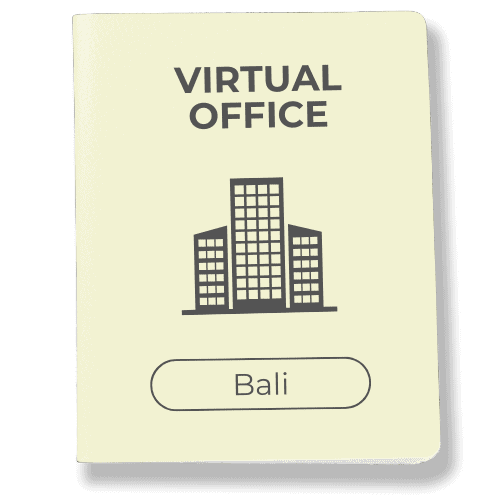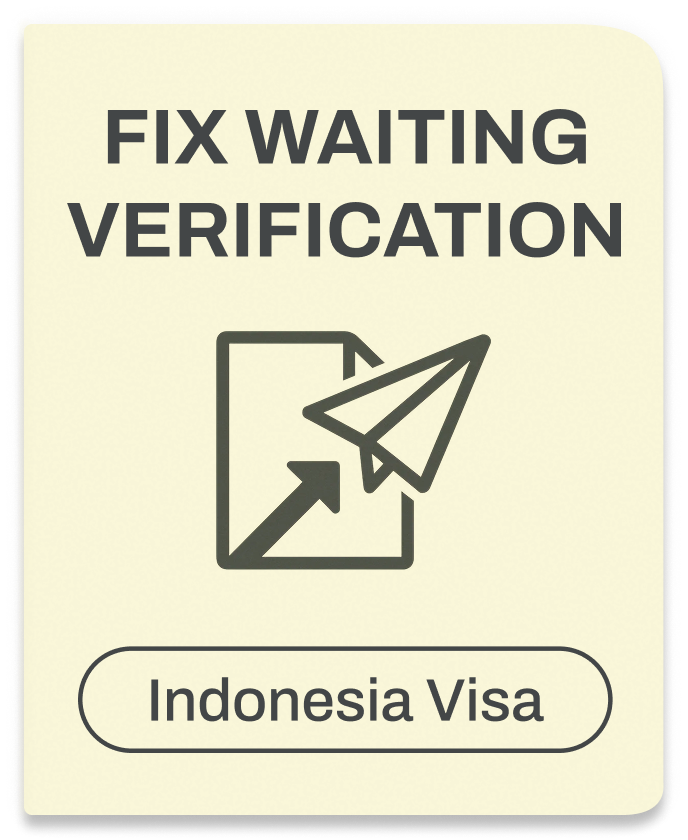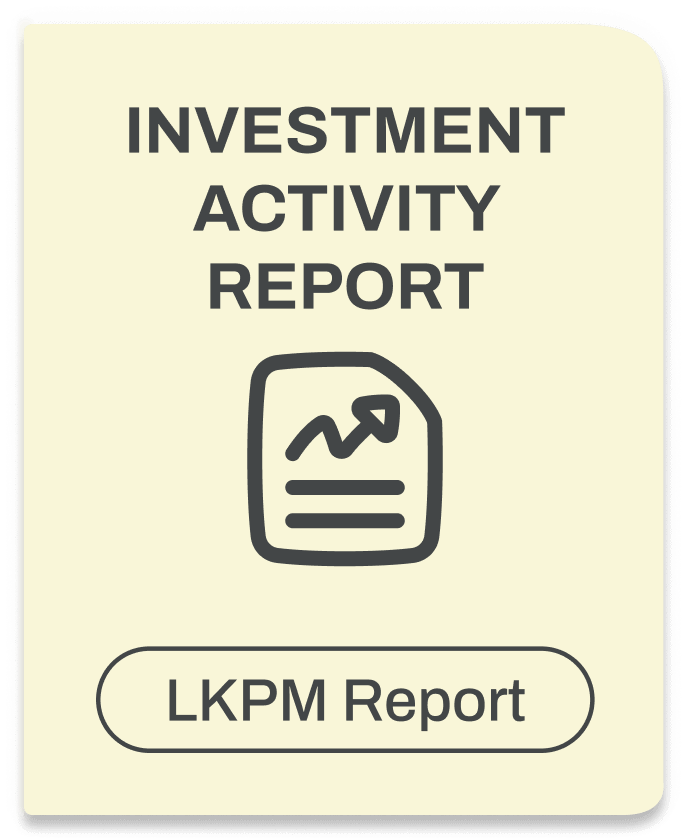How to Apply for RPTKA

If your company plans to hire a foreign worker in Indonesia, getting RPTKA approval is the very first step you can’t skip. RPTKA stands for Rencana Penggunaan Tenaga Kerja Asing, or Foreign Worker Utilization Plan. Think of it as the Ministry of Manpower’s way of reviewing and approving your hiring plan before you bring in international talent.
Under Government Regulation 34/2021 and Minister of Manpower Regulation 8/2021, RPTKA is a compulsory requirement in manpower regulations. It ensures that the role you’re offering truly requires expertise or skills that are not yet widely available among local workers.
RPTKA isn’t going to stop you from hiring foreign employees. Instead, it’s about making sure the position is essential and will have a positive impact on Indonesia’s workforce. By approving an RPTKA, the Ministry supports workforce development, encourages skill transfer to local employees, and helps attract high-value global talent to address skill shortages and boost economic growth. This process also confirms that your company is ready to follow Indonesian labor laws and comply with all manpower regulations.
Types of RPTKA and Their Validity
Not all RPTKAs are the same. The Ministry of Manpower offers different types depending on how long the foreign worker will stay and the kind of work they will do. Here’s a simple breakdown so you can figure out which one fits your situation.
Temporary RPTKA
A Temporary RPTKA is valid for up to six months and cannot be extended. It is best suited for short-term assignments, urgent repairs, or specific one-off projects. Employers should plan carefully, as once it expires, a new application is required if the work is not completed.
Regular (Over 6 Months) RPTKA
This type is valid for more than six months, up to two years, and can be extended. It is the most common option for long-term corporate, technical, or managerial positions where a foreign worker’s expertise is needed over an extended period.
Non-DKPTKA RPTKA
The Non-DKPTKA RPTKA is valid for up to two years and can be extended. It applies to employers or roles that are exempt from paying the Compensation Fund (DKPTKA), such as certain educational institutions, government agencies, and directors or commissioners with qualifying shareholdings.
Special Economic Zone (SEZ) RPTKA
An SEZ RPTKA is valid for up to five years and is intended for companies operating in Special Economic Zones. It is designed to provide longer-term stability for foreign experts working on strategic projects in designated areas.
Pro Tip: Always match the RPTKA type to the actual work duration. Applying for a shorter or longer term than you need can cause delays, extra costs, or even rejections.
RPTKA Application Requirements: What You’ll Need

Before you can process hiring foreign workers in Indonesia, your company must prepare a set of documents for the RPTKA approval. These requirements come from the Ministry of Manpower and are designed to make sure your plan to employ foreign employees meets Indonesian labor laws and regulatory compliance rules. To obtain approval, you must submit all the documents required by the Ministry, as local authorities may review the required documents to ensure compliance.
The following documents are required for the RPTKA application process, and it is essential to ensure that all the documents are complete and accurate to avoid delays.
Here’s what you’ll need to get started:
1. Documents from the Employer (Company)
- Business License (NIB) and Deed of Establishment – Proof that your company is legally registered in Indonesia.
- Company Structure & Organization Chart – Shows your local workers and planned foreign worker positions.
- Tax Identification Number (NPWP) – Confirms your business is tax-compliant.
- Justification Letter – Explains why you need to hire foreign workers instead of suitable local candidates, such as special skills or expertise not available locally.
- Training and Development Plan – A clear plan for skill transfer from the foreign worker to Indonesian workers, so local staff can eventually take over the role.
- Compliance Commitment Letter – States that you will follow all manpower regulations and legal compliance rules, including paying the compensation fund (DKPTKA) if required.
- Appointment Letter for Local Assistant – Employers must usually appoint an Indonesian co-worker to work alongside and receive knowledge transfer from the foreign employee. This requirement does not apply to directors, heads of representative offices, foundation board members, or temporary foreign workers.
Other business entities, as defined by the relevant manpower decree issued by the Indonesian Ministry of Manpower, may also be eligible to apply for RPTKA if they meet the legal requirements.
2. Documents from the Foreign Worker
- Passport Copy – Valid for at least 18 months for a long-term role, or 6 months for short-term.
- Curriculum Vitae (CV) – Detailed work history, signed by the applicant and stamped by the company.
- Educational Certificates & Professional Licenses – Must match the role in the foreign worker utilization plan.
- Recent Photos – Usually passport-sized with a plain background.
- Employment Agreement Draft – Outlines the position, salary, and responsibilities of the foreign employee.
For foreign workers seeking long-term employment in Indonesia, additional documentation may be required to apply for a permanent stay permit (KITAP). Obtaining the appropriate stay permit is also necessary for foreign nationals to open a bank account in Indonesia.
3. Other Possible Requirements
- Business Entities in Special Sectors – If your company operates in certain industries, additional permits from government agencies or relevant authorities may be needed.
- Job Training Details – If the position involves training local employees, include a schedule and training materials.
- Annual Report – For companies that are already established, showing stability and operational compliance.
Certain entities, such as cultural institutions, international agencies, and representative offices of foreign countries, may have additional or different requirements for RPTKA applications. This is especially relevant if the foreign worker will be involved in vocational training or similar specialized activities, as exemptions or specific approval processes may apply.
Step‑by‑Step RPTKA Application Process

Who applies: The Indonesian employer or sponsor applies. The foreign worker cannot apply on their own.
The Ministry of Manpower is responsible for reviewing and approving RPTKA applications through the TKA Online system, ensuring compliance with manpower regulations.
1) Confirm you can hire a foreign worker
- Check that the job title is allowed for foreign workers.
- Make sure your company has the right business license and the role matches your business field.
- Plan who the Indonesian counterpart will be and how skill transfer will happen. The tenaga kerja asing RPTKA is a crucial document required to employ foreign workers, and companies must demonstrate the unique skills or expertise the foreign worker brings to the organization.
2) Prepare company documents
- NIB and business license.
- Deed of establishment and any amendments.
- NPWP (tax ID) and company profile or org chart.
- Office address and contact details.
Tip: Keep digital copies in PDF or JPG. Use clear file names.
3) Prepare foreign worker documents
- Passport bio page (valid long enough for the planned stay).
- Recent photo.
- CV that shows skills and experience.
- Education certificate and other qualifications, if required.
- Health insurance proof, if requested.
4) Create or log in to the TKA Online system
- Use the Ministry of Manpower’s TKA Online portal.
- Set the company account and assign a responsible person.
5) Fill in the RPTKA form
- Enter company details.
- Add the job title, job description, location, and duration.
- State how many foreign workers you plan to hire for each role.
- Name the Indonesian companion employee and describe the training or knowledge transfer plan.
- Upload the supporting files.
6) Double‑check everything before you submit
- Names match the passport.
- Job title and business field match your license.
- Documents are readable and not expired.
- Translations are provided when needed.
7) Submit the application
- Send the RPTKA request through the portal.
- You may get a follow‑up for clarification or a short interview (often online). Reply fast.
8) Track the review
- Log in to see status updates.
- If the officer asks for fixes, upload the corrected files and resubmit.
9) Receive the RPTKA approval
- Download the approval letter from the system.
- Check the job title, duration, location, and headcount. Correct any mistakes right away.
10) Know what comes next
- After RPTKA approval, the employer pays the Compensation Fund for the Utilization of Foreign Workers (DKPTKA), unless the position or employer is exempt. The approved RPTKA then becomes the basis for applying for the work visa (VITAS) and the limited stay permit (ITAS) required for foreign nationals to work in Indonesia.
Common Challenges & Practical Tips for Applying for RPTKA

Getting an RPTKA (Foreign Worker Utilization Plan) approved is not always smooth sailing. Many companies face delays or even rejections because they overlook key details. Here are some of the most common challenges, along with practical tips to help you avoid them.
If an employment contract ends before its agreed finish date, Indonesian law generally requires the employer to pay the employee the value of the remaining contract period. This is often referred to as paying the balance of the contract. The separate PKWT compensation pay under GR 35/2021 does not apply to foreign employees.
When dealing with missing documents or legal issues, it is crucial to have clear employment contracts that comply with Indonesian regulations. This helps ensure proper classification of employment types and protects both the employer and employee in case of disputes.
1. Confusing RPTKA with a Work Permit
Some employers think an RPTKA is the same as a work permit or KITAS. In reality, it’s only the first step. Without RPTKA approval, you cannot move forward with an IMTA (work permit) or VITAS (limited stay visa). Tip: Understand the full process. RPTKA approval comes first, followed by work permit and visa applications.
2. Missing or Incomplete Documents
The Ministry of Manpower requires specific documents from both the employer and the foreign worker. Missing just one can delay your application. Tip: Use a checklist. Double-check that all documents are complete, signed, and translated if necessary before submission.
3. Delays in the Approval Process
Processing can take weeks or even months, especially if there are many applications or if your documents are unclear. Apply early, ideally 6–8 weeks before the foreign worker’s planned start date. Respond quickly to any requests from the Ministry.
4. DKPTKA (Compensation Fund) Confusion
Many companies are unaware that employers must pay the DKPTKA, which is USD 100 per foreign worker per month, before RPTKA approval. Some employers and positions are exempt, such as certain government bodies, international organizations, specific educational roles, and directors or commissioners with qualifying shareholdings. Always check if your case qualifies for an exemption. If it doesn’t, arrange the payment early to prevent processing delays.
5. Job Position Restrictions
Certain positions are closed to foreign workers under Indonesian labor laws. Check the latest Ministry of Manpower regulations to ensure the role is allowed for a foreign employee before applying.
6. Lack of a Training and Development Plan
The government expects foreign workers to transfer skills to local employees, but some applications fail to include a clear plan. Create a simple, realistic training schedule showing how your foreign worker will help develop local talent.
7. Renewal Oversights
Forgetting to renew on time can lead to legal problems and work interruptions. Mark your calendar for renewal deadlines at least 3 months before expiry.
By knowing these common pitfalls and preparing ahead, you’ll greatly improve your chances of getting your RPTKA approved without unnecessary stress.
Ready to Apply or Extend Your Visa?
Let our visa specialists handle your application.



















